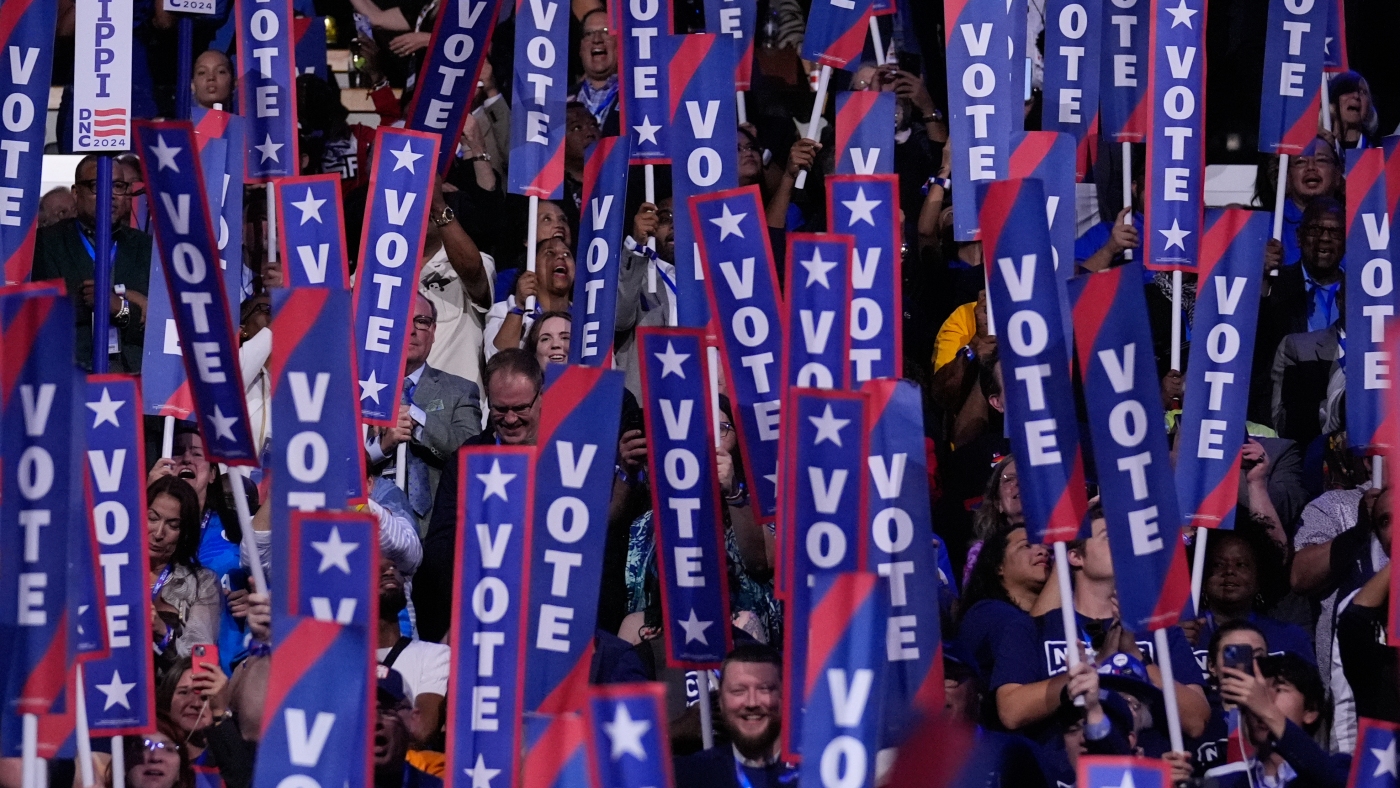Power Shift: Democrats Set to Unveil New Leadership Lineup Today

As the Democratic National Committee (DNC) prepares to install its new chair, the party faces a challenging landscape of political uncertainty. Without control of the White House or Congress, the incoming leadership must navigate a complex path forward, seeking to rebuild momentum and reconnect with voters after recent electoral setbacks.
The newly appointed chair inherits the critical task of leading the party's campaign efforts during a pivotal moment of introspection and strategic realignment. Democrats are still grappling with the painful lessons of recent election cycles, searching for a compelling narrative and approach that can resonate with a diverse and increasingly fragmented electorate.
This leadership transition represents more than just a change in personnel; it's a potential turning point for a party seeking to redefine its message, energize its base, and develop strategies that can effectively challenge the current political opposition. The chair must balance the delicate work of healing internal divisions while simultaneously crafting a forward-looking vision that can attract broader voter support.
The road ahead is complex, requiring innovative thinking, strategic communication, and a deep understanding of the shifting political dynamics across different regions and demographic groups. Success will depend on the ability to listen, adapt, and present a unified, compelling alternative to the current political establishment.

